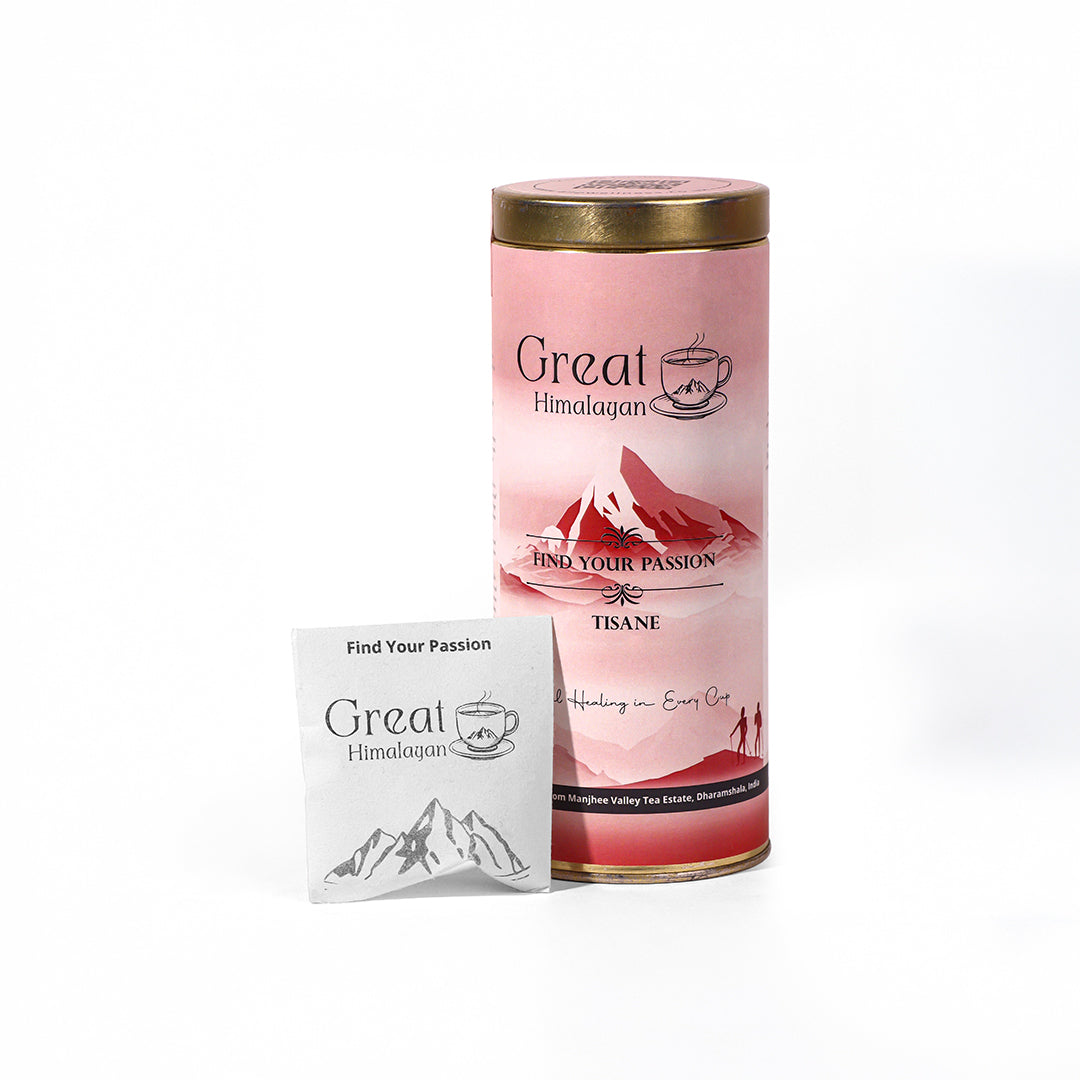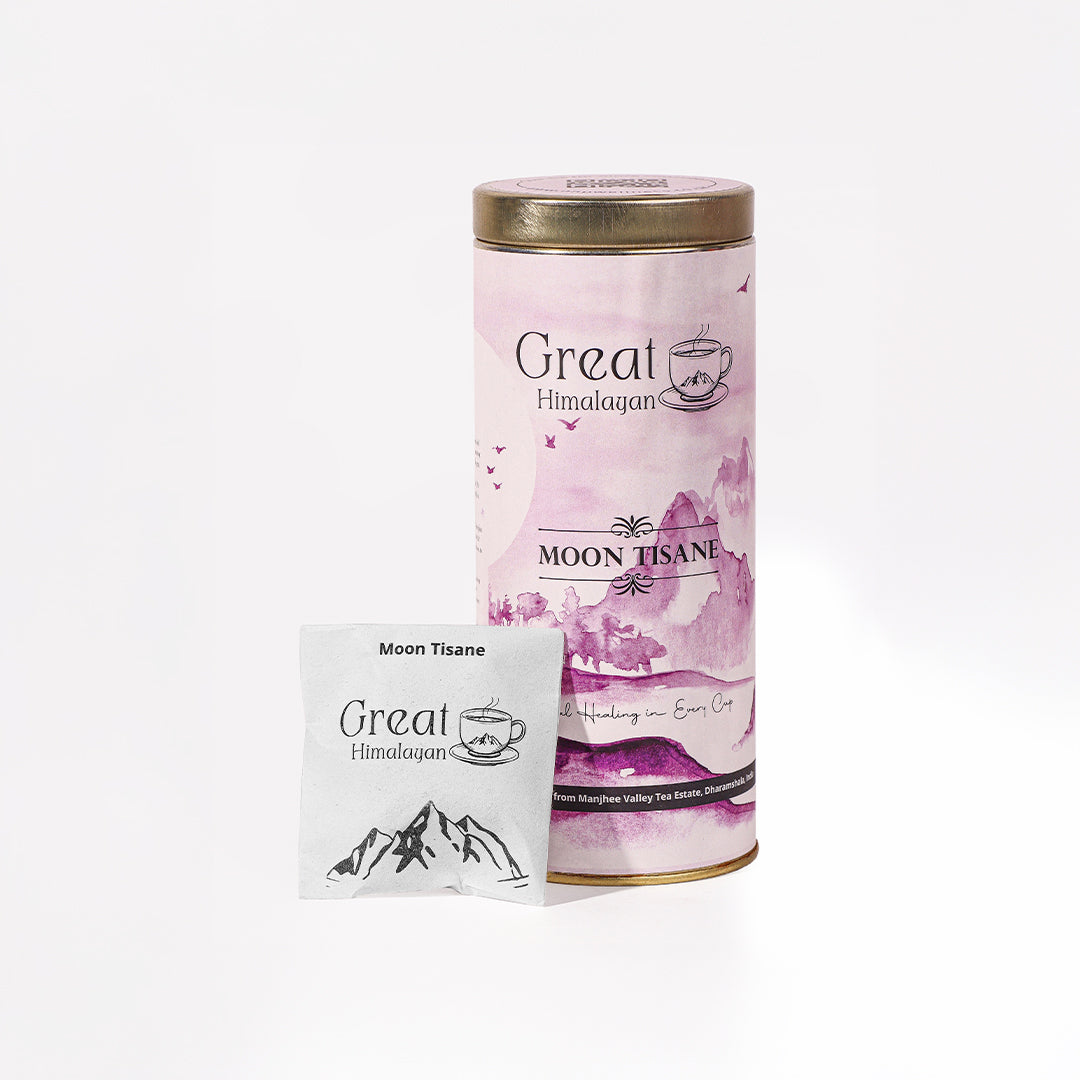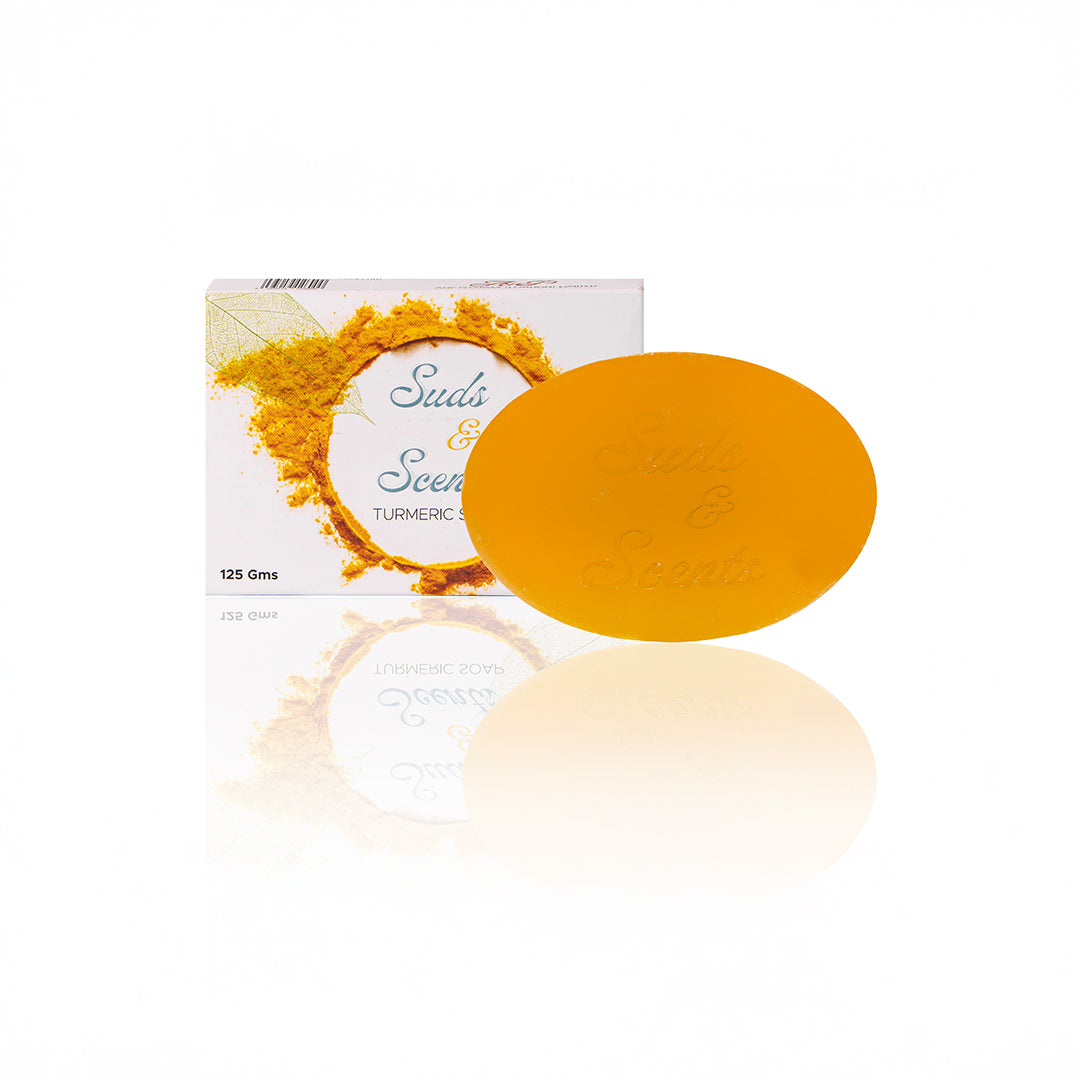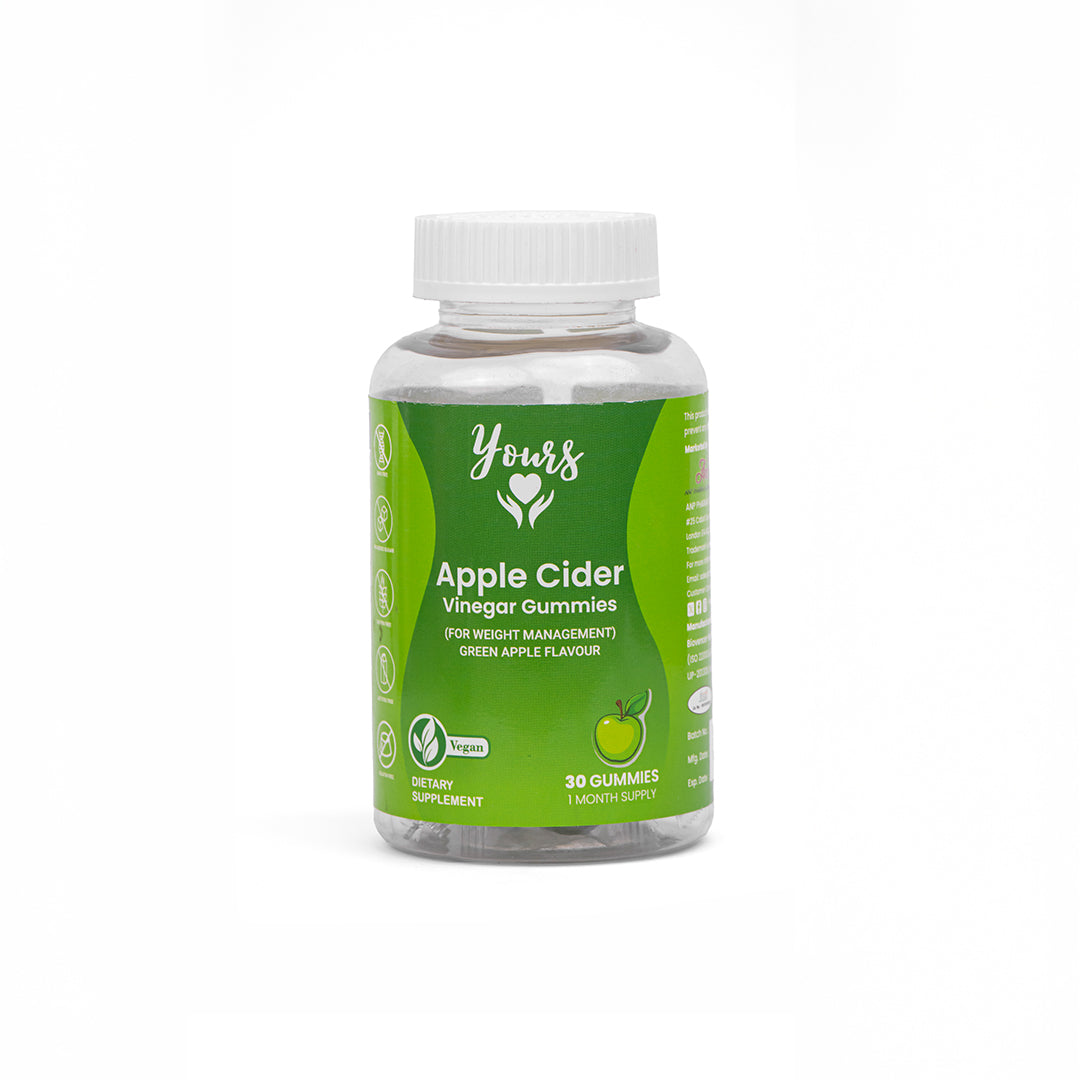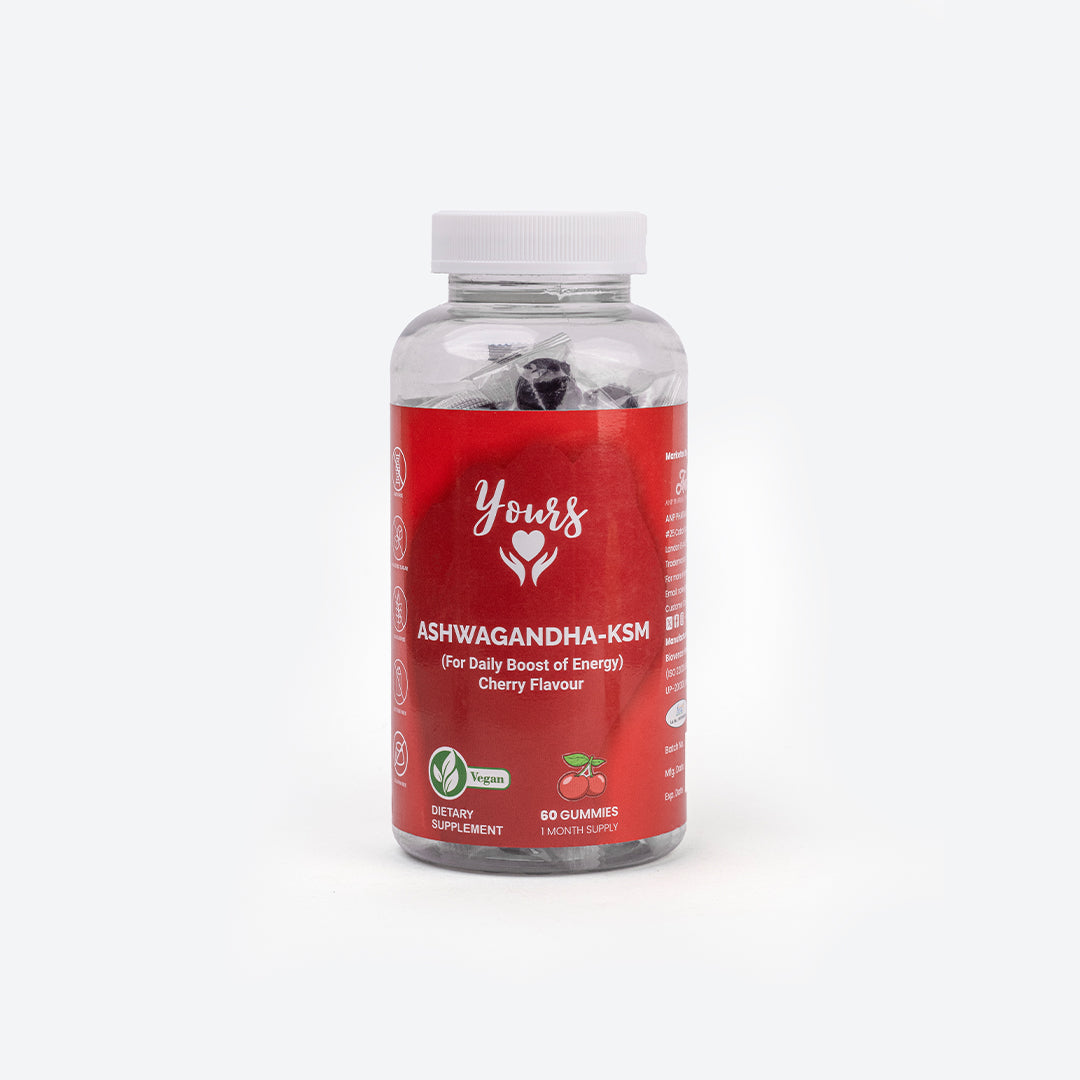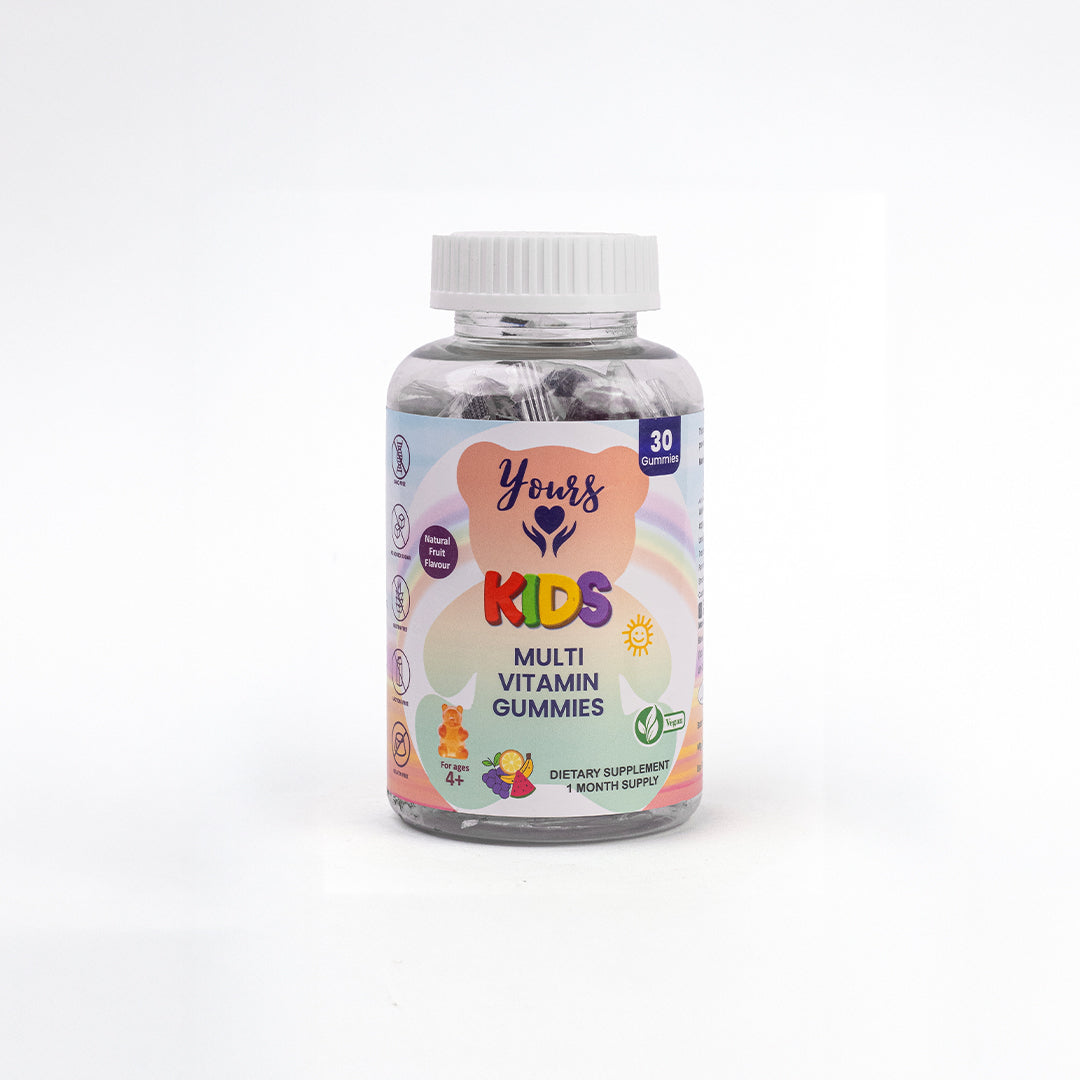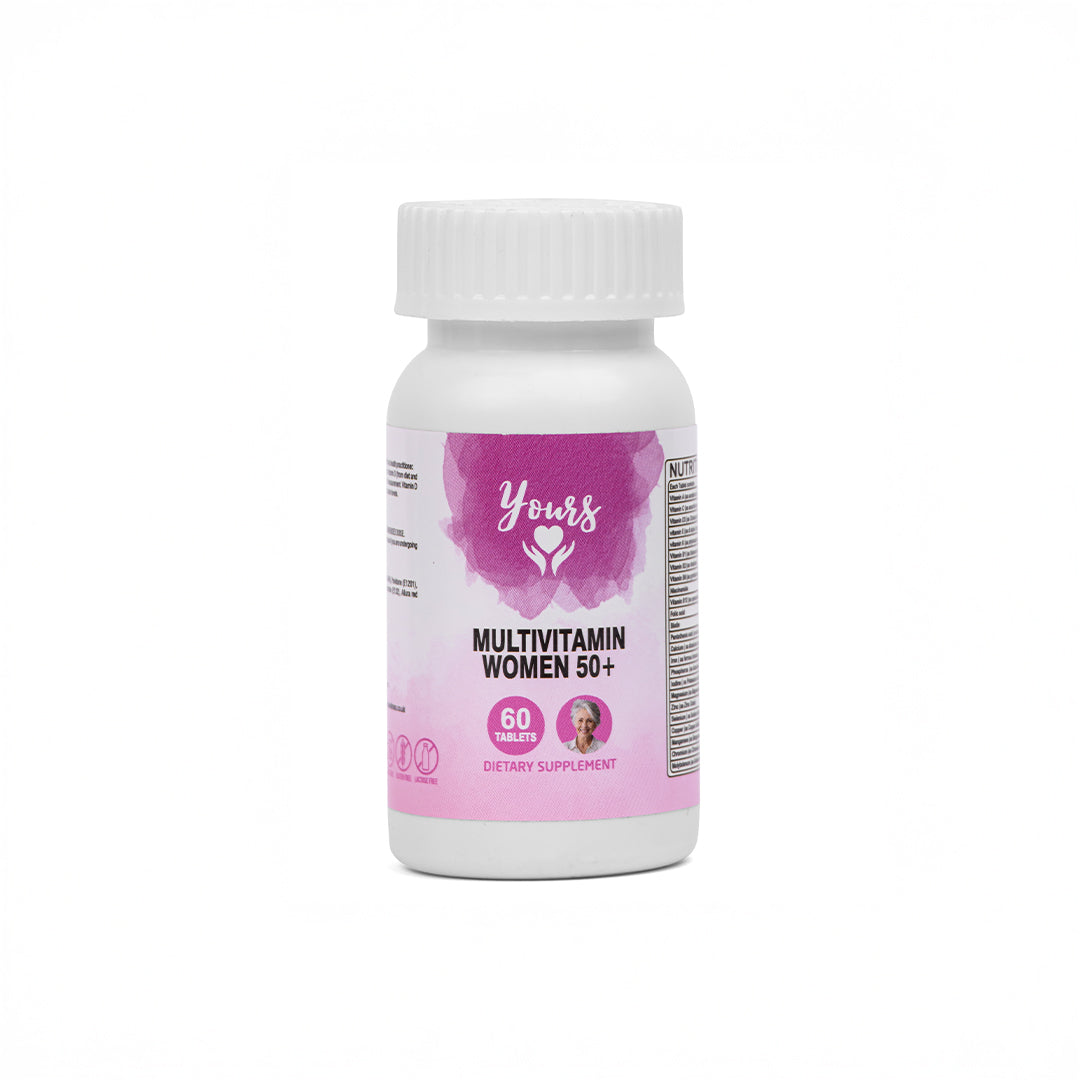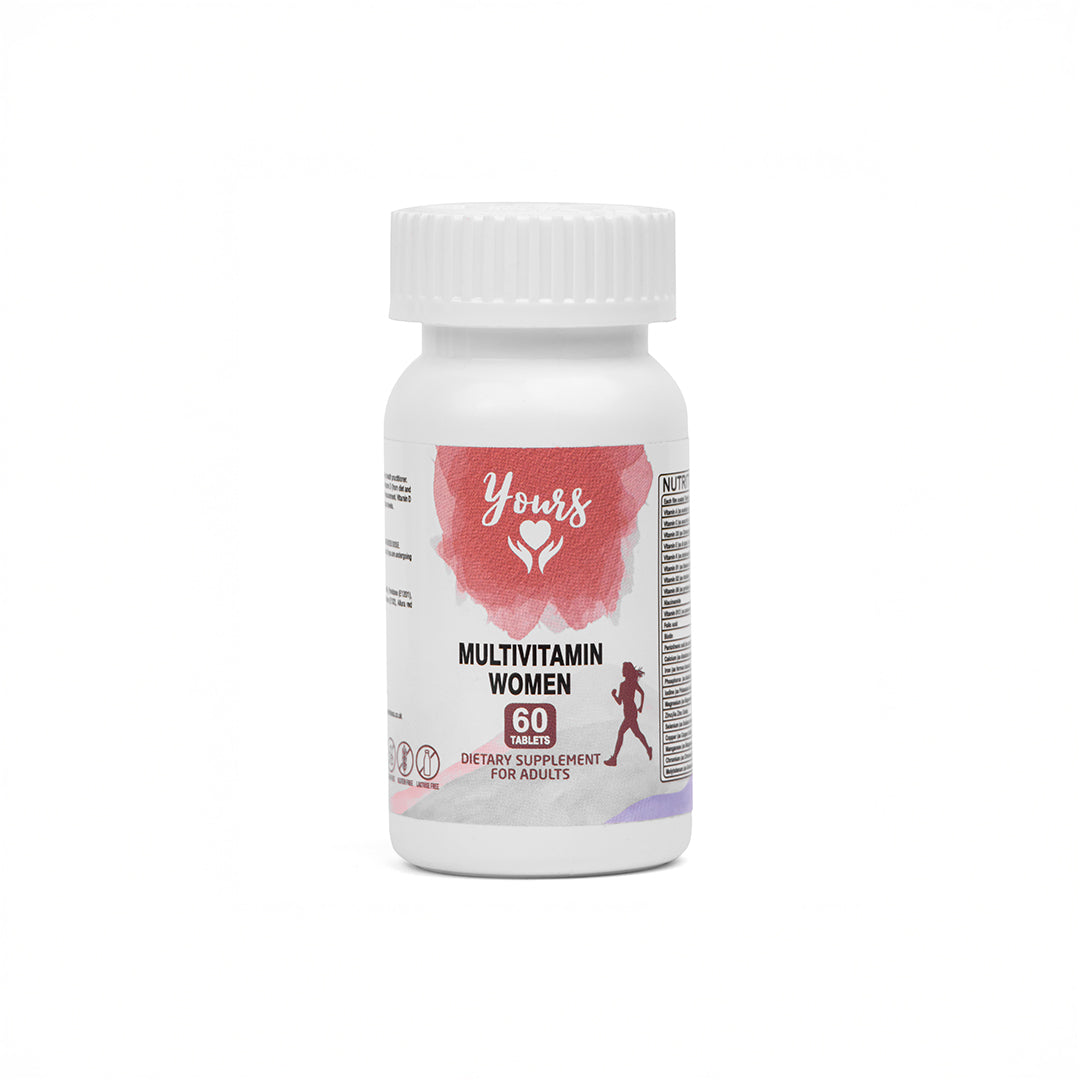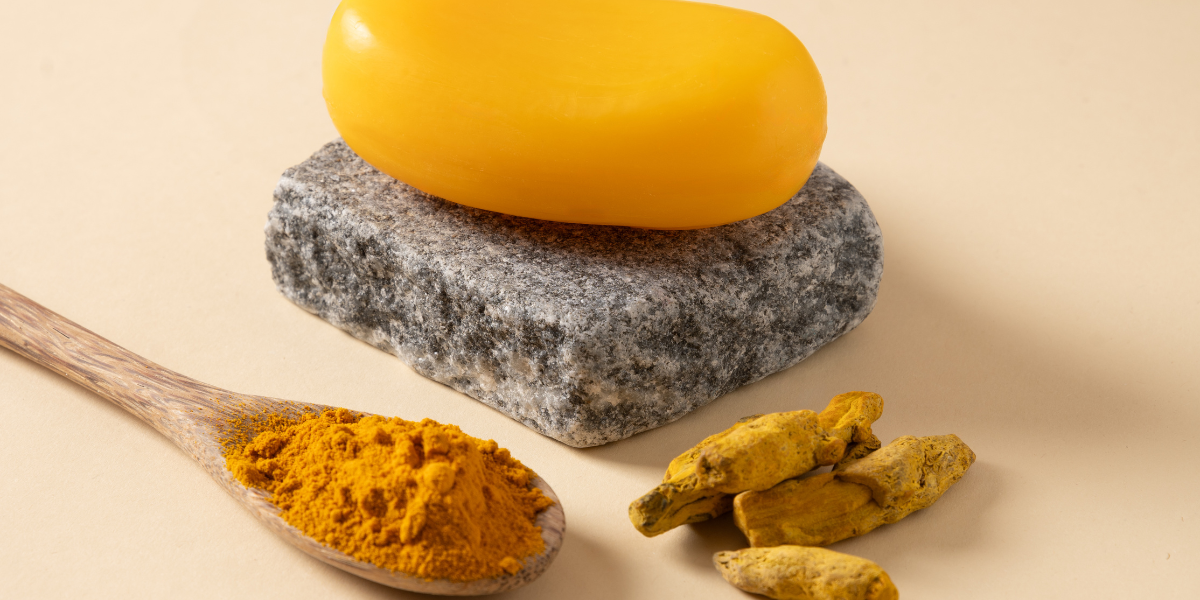But walk down any UK high street today, and you’ll spot an increasing number of organic, artisanal, or handmade skincare products. Chief among them are homemade soaps, which are rapidly entering the personal-care rotation of many looking to escape harsh commercial alternatives. With the popularity of handmade soaps, UK customers are clamouring for soap to cleanse their bodies and skincare products, keeping well-being in mind, chemical-free as well.
But what is it exactly that makes handmade soaps good for your skin? Apart from the appeal of being well-crafted and smelling natural, there is a scientific reason why organic soaps are safer than their mass-produced counterparts. What are the advantages of handmade soaps? This blog takes a closer look at the impact of nature, traditional methods, and free-from chemical formulas on skin health and its glow.
By the time you finish, you’ll know why all-natural soap advantages are much more than just a marketing word, and why organic soaps UK is not just another fad but a significant investment in the health of your skin.
How are Handmade Soaps Different from Ordinary Soaps?
The contrast between handmade and commercial soaps starts with the method. Handmade soaps are often made using what is known as cold process or hot process methods of soap-making, which involves a combination of natural oils (such as olive oil, coconut, and shea butter) combined with lye to create saponification, a chemical reaction that makes the soap. Not only does it make soap, but it keeps natural Glycerin, a powerful moisturizer that’s often removed from factory-made bars.
Commercial soaps, by contrast, are frequently more of a “detergent” than an actual soap. Most of them are made with artificial foaming components, fillers, and preservatives, including chemical additives, in order to prolong shelf life and save money. They’re able to remove the natural oils from your skin, making it feel dry, sensitive, or out of whack.
With handmade soaps, you can also have the pleasure of customisation and good ingredients. Small-batch makers can decide whether to infuse their products with essential oils, herbal infusions, and even clays, along with a variety of other botanicals to cater to sensitive skin, acne-prone skin, or luxury skincare. Unlike commercial soaps, handmade ones focus on quality over quantity, resulting in a bar of soap that's gentle and nourishing as well as full of skin-loving goodness.
In other words, handmade soaps aren’t just different in appearance and scent—they are a fundamentally superior class of soap when you consider how they react with your skin.
Newcomer on the Playing Field of Skin Care
Your skin is the biggest organ in your body, a natural protector and even a sensory receptor to the world. What you slather on it is as important to your health as what you put in your body. This is where handmade soaps come in — they’re made from natural, skin-loving ingredients that work with your skin to create harmony, not aggravate it.
The Skin Barrier and Acid Mantle
‘Healthy skin has a slightly acidic pH (around 4.5 to 5.5),’ he explains, which stops bad bacteria from getting in, and keeps moisture locked in. Unfortunately, many commercial soaps are very alkaline, throwing this balance out of whack and resulting in dryness, irritation, and flare-ups of skin issues such as eczema. Finally, while there is no way to avoid producing any waste in the process of washing oneself (soap is funny that way), homemade soaps - especially those made with natural oils and butters – will be far less harsh and more skin-friendly.
Natural Glycerin Retention
When the soap is made, Glycerin is naturally created. It is a potent humectant, which means that it hydrates the skin by pulling water into it. Some commercial manufacturers take the Glycerin out of their soaps to sell it as a byproduct for use in lotions, and that is why many of their soaps leave you feeling dry. Glycerin in handmade soaps. Unlike commercial soaps, fine-quality artisanal soaps retain the Glycerin, which is a solid moisturizing ingredient in all soaps.
Nutrient-Rich Oils and Butters
Handmade soaps usually include oils such as olive, coconut, jojoba, or shea butter — all packed with fatty acids, vitamins, and antioxidants. These aren’t pure cleansing agents but ones that replenish the skin and leave it soft and supple. For instance, shea butter contains vitamin E and essential fatty acids, and coconut oil provides natural antibacterial properties.
Avoiding Harsh Chemicals
Commercial soaps may contain sodium lauryl sulfate (SLS), parabens, and artificial fragrances, which can cause skin irritation or allergies. Handcrafted soaps steer clear of these chemicals and use essential oils, clays, and plant-based colourants that are good for the skin.
Natural Soap studies: The Benefits of Using natural soap.
Making the move to handcrafted, chemical-free soap isn’t just about avoiding bad stuff – it’s about those science-based benefits that make your skin look (and be) healthier. They use evidence-based studies that say plant-based oils, natural Glycerin, and essential oils work hard in an organic soap to continuously contribute to the health of our skin.
Gentle on Sensitive Skin
Perhaps the biggest positive thing handmade soaps have over others is their gentleness. Because they're free of abrasive detergents, synthetic foaming agents, and harmful preservatives, natural soaps are much less likely to cause discomfort. Studies reveal that sensitive skin problems like eczema, dermatitis, and psoriasis can worsen with sulparaben exposure. Handmade soaps eliminate these triggers and make for a safer option for sensitive skin.
Hydration & Moisture Retention
Most commercial soaps remove the skin’s natural oils, which makes it dry and flaky. Thank you: The natural glycerin ingredients of handmade soaps, not to mention all the nourishing oils combined within them, help lock in moisture. The Glycerin will attract the water to itself, ensuring that you’ll keep your skin moisturised long after you’ve washed. Clinical Research shows us that over-the-counter glycerin formulations enhance skin barrier function and diminish water loss – something that goes a significant way toward keeping your skin smooth and healthy.
High in Natural Oils & Glycerine
Oils like olive, coconut, and jojoba offer fatty acids that fortify the skin’s lipid barrier. Shea butter also contains vitamins A and E, to help increase the elasticity of the skin and repair damaged cells. These natural ingredients come together to restore nutrients that are usually stripped from our skin by commercial soaps. Because handmade soaps moisturise without the use of synthetic products, they offer only natural, absorbable moisture.
pH Balance & Skin Health
Many handmade soaps are also designed to be similar to the skin’s natural pH. This balance is important in preventing bacterial overgrowth and inflammation. Studies have found that high-alkaline soaps disrupt the skin’s acid mantle, making it more susceptible to dryness and irritation. Handmade soaps provide daily cleansing without stripping away the body's natural protective layers.
Long-Term Skin Protection
When you use handcrafted soaps on a regular basis, the benefits are layered. Ingredients: Green tea, Turmeric, and Essential oils - High in antioxidants to protect against free radicals that cause premature ageing. This diminishes oxidative stress -- the largest cause of aging in our skin -- and helps to produce collagen, which keeps our skin looking young. “Handmade soaps are not a ‘magic bullet’ like chemical cleaners,” he says, “but they care for skin in the long term.”
Why You Shouldn’t Use Commercial Soap: Chemicals to Look Out For
Although handmade soaps focus on authentic and natural oils such as glycerine or skin-friendly products, commercial soaps are mostly filled with surfactants and chemicals that make them lather better, preserve longer, or simply cost far less to produce. Yet these additives damage the skin’s protective barrier, perpetuating long-term irritation. Knowing what not to use is just as critical in terms of understanding.
Sodium Lauryl Sulfate (SLS) and Sulfates in General
SLS is also a foaming agent used in many standard soaps and body washes. It lathers so well, but that's due to stripping off the skin's natural oils, which results in dryness, itching, and sensitivity. People with eczema or dermatitis may find SLS particularly irritating.
Parabens
Parabens act as preservatives to keep the products fresh and lasting. Yet parabens have been associated with hormone disruption, which has some people worried about their long-term safety. But handmade soaps are generally preserved using natural ingredients such as vitamin E or rosemary extract, so this is not a concern.
Synthetic Fragrances and Colours
And synthetic fragrances smell nice, yes, but they often contain added phthalates plus other mysterious chemicals that can cause allergies or irritate skin. By the same token, artificial dyes cause rashes and other sensitivities. Handmade soaps feature their essential oils, herbal infusions, and plant-based colourants — the ingredients are gentler on the skin and a little more transparent.
Antibacterial Agents (Triclosan)
A handful of soaps for use in the commercial sector contain triclosan, which has been sold as an antibacterial agent. But Research has also demonstrated that it is no more powerful than regular soap at preventing illness. Even worse, triclosan has been shown to interfere with hormone regulation and resistance to antibiotics. Natural Handmade soaps don’t contain these harmful elements to clean effectively.
Organic Soaps UK
There has been a significant increase in demand for organic products within the UK skincare market, and soap is at the heart of that wave. With the increasing public & consumer knowledge about the dangerous impacts of synthetic chemicals on health and the environment, organic soaps UK are being seen as a much safer and cost-effective commercial producer. This is not just a frivolous fad — it speaks to a deeper shift in thinking about self-care.
Rising Consumer Awareness
Shoppers are checking the labels and questioning what’s in the food. UK customers are also getting more informed about the downsides of parabens, sulfates, and synthetic nasties, and that’s pushing them towards brands with a clean, transparent ingredients list. This heightened awareness has become a driving force behind the handmade, organic soap industry.
Alignment with Wellness and Sustainability
But for many, selecting organic soaps is a matter not just about skin health but also about the personal values one maintains. These soaps are typically created with environmentally friendly ingredients, packaging, and methods. That makes them attractive to eco-familiars who'd like their beauty products to mirror their personal decisions.
Brands Making a Difference You Can Trust in the UK
The phenomenon has been further driven by the proliferation of small-batch artisanal brands in the UK. Rather than mass-produced labels, these brands highlight artisanal craft, ingredient integrity, and are always the real deal. ANP Wellness and other companies like them are instrumental in preserving the art — and the science —of old-world soapmakers by providing us with organic soaps that get the job done without causing harm along their journey from production to your skin.
Chemical-Free Soap – What Does That Really Mean for Your Skin?
With “chemical-free” lining bottles of moisturizer in store aisles, it’s become a bit of a buzzword — but what does that really mean for soap? All matter is technically made up of chemicals — even house water. In skincare, however, the meaning of chemical-free soap usually implies a soap that does not contain harsh synthetic chemicals, harmful preservatives, or artificial fragrances/dyes.
The Importance of Clean Formulations
Hand-made, natural soaps are made with oils, butters, lye, and beneficial botanicals that are safe and nourishing for the skin. Certainly, they do not contain the SLS, parabens, and phthalates found in many commercial offerings that can throw your skin off its natural balance. A clean formula means that what touches your skin supports, instead of degenerating, its protective barrier.
Gentle Yet Effective Cleansing
Chemical-free soaps wash away dirt but do not over-strip the skin. Gentle foaming is achieved using natural surfactants from coconut or olive oil - all that is needed to cleanse away the dirt and excess oils whilst ensuring your skin's natural barrier remains intact. It is this balance that makes individuals with sensitive and problematic skin see improvements after switching to natural soap.
Safe for All Skin Types
As they are free of artificial irritants and chemical-free, soaps are typically suitable for all, including children, pregnant women, and people with long-term skin problems. With the added benefits of gentle botanicals, including aloe vera, chamomile, or Turmeric, they provide both antiseptic and healing properties.
A Long-Term Contribution to the Health of Your Skin
Chemical‐free isn’t just safe, it’s beneficial. Natural soaps are also chock full of vitamins, antioxidants, and hydrating oils that nourish the skin with repeated use. Whereas commercial soaps only give you temporary cleansing, which, in the long run, damages and dries your skin.
Handmade Soap vs Body Wash – What’s Better?
Traditional bar soaps versus liquid body wash is not just a question asked in the UK these days. Even though body washes are designed to be more convenient and feel like a luxury, handmade soaps provide way better science-driven skin benefits.
Ingredients and Formulation
Many body washes incorporate synthetic detergents and are also full of sulfates, artificial fragrances, and antibacterial ingredients (like triclosan) that can dry the skin. Instead, handmade soaps are made with natural oils, butters, and essential oils for a clean that gently cleanses your skin without harmful ingredients. This difference in ingredient formulation is one of the key reasons why natural soaps are much preferred when it comes to sensitive or dry skin.
Hydration and Moisture Balance
Handmade soaps contain natural Glycerin as well, which means they are also very moisturizing. Body washes, though, often do so with synthetic moisturisers to make up for the stripping nature of detergents. This can eventually destroy the skin’s natural barrier and create dependency on outside lotions. Mild on the skin from the start for effective locking in of hydration every time.
Eco-Friendly Advantage
The majority of commercially available body washes are packaged in a plastic bottle, which adds to environmental waste. Most handmade soaps are minimally packaged or made in recycled paper, which is environmentally friendly. This eco-friendly aspect is as important for UK consumers who are becoming more and more focused on green living.
Cost and Longevity
Handmade soaps may be the pricier option up front, but when stored appropriately, your handmade soap will outlast liquid body washes. Due to their powerful, natural composition, one bar can last for weeks of use, which means that they prove to be an economical option over time.
Why Handmade Soaps, And what Are The Environmental Benefits?
Aside from being a healthier option for your skin, using handmade soaps is a better choice for nature itself. As the UK becomes more sensitive about our environmental impact, handmade organic and chemical-free soap is no longer just a nice-to-have; it’s an essential, as we want to take care of ourselves and our planet at the same time.
Reduced Plastic Waste
The majority of commercial body washes (and liquid soaps) are found in plastic bottles, which fill landfills with non-biodegradable material. Handmade soaps, however, are generally packaged in recycled paper, cardboard, or biodegradable packages, which means that they won’t add to plastic pollution.
Sustainable Ingredients
Soapsmiths typically purchase oils, butters, and botanicals from ethical growers. And, they tend to use better ingredients like organic shea butter, coconut oil, and essential oils — not only better for your skin, but those are grown in ways that help preserve biodiversity and encourage fair trade growing practices.
Lower Carbon Footprint
As handmade soaps are usually made in small batches, the industrial energy and resources used tend to be less than those of mass-produced commercial soaps. Even UK-based brands like ANP Wellness can make a positive impact by sourcing responsibly and cutting down on transportation emissions.
Eco-Friendly Formulations
Retail soaps are known to include a variety of synthetic chemicals that can find their way into waterways and harm the delicate balance of aquatic ecosystems. Handmade soaps, made up of biodegradable natural ingredients, decompose safely and do not harm rivers, lakes, or oceans.
ANP Wellness Suds and Scents: All-Natural Handmade Soaps for Individual Skin Types
At ANP Wellness, we believe in skincare that is as natural and nourishing as nature intended. That’s why our Suds & Scents handmade soaps are thoughtfully master crafted the old-fashioned way with natural oils and scientifically supported ingredients that treat your skin – and Mother Nature - right.
Our soaps contain botanical extracts, essential oils & natural ingredients that are perfect for all over your body. From anti-inflammatory Turmeric Soap to moisturizing and calming Aloe Vera Soap, each bar is formulated with skin-friendly plant blends to boost your skin.
Whereas most store-bought soaps remove Glycerin during processing and are replaced with cheaper man-made soap, ANP Wellness soaps keep all of the moisturising components, resulting in rich and skin-nourishing soaps. This means your skin will be left clean, soft, and moisturized after each wash.
Our soaps are paraben, sulfate, and synthetic-free, and we fill our bars with gobs of luscious butters and essential oils for a deep clean that leaves you not only smelling amazing, but feeling it too. With ANP Wellness, you are choosing a brand that fuses nature, science, and sustainability – ensuring the ultimate skincare experience for UK consumers who care about wellness as well as the planet.
Conclusion
In skincare, it’s really all about the products you use every day. Many times, commercial soaps clean away the impurities on your face while stripping it of its natural balance. Custom soaps, on the other hand, are made of natural oils and botanical extracts that disproportionately clean vs. moisturize and protect your skin.
If and when you do get over the cultural conditioning that taught you to look down your nose at natural/organic soaps, it’s highly likely (I’d go to say almost certain) that natural and organic soaps’ science-backed benefits – increased hydration & balance in pH levels + elimination of irritation as well as long-term skin health care – make them far superior to what mainstream soap manufacturers #DIY! Throw in their eco benefits and green credentials, and it’s little wonder more of us here in the UK are opting to switch to handmade, chemical-free soaps.
By choosing brands like ANP Wellness, you are not only treating your skin but also promoting ethical and sustainable practices. Each Suds & Scents handmade soap is a simple, daily step that has enormous effects on your skin and our planet.
We must say handmade soaps are more than a skincare product… it is an entire lifestyle based on wellness, sustainability, and thoughtful living.
FAQs
Are handmade soaps better for acne-prone skin?
Yes, handmade soaps are very effective for acne-prone skin because we don't use harsh chemicals, which strip your oils and cause irritation. Most have gentle antibacterial ingredients like tea tree, Turmeric, or neem, which can help prevent breakouts without drying the skin.
Does handmade soap last longer than store-bought?
Unfortunately, handmade soap often doesn't last any longer than commercial soap when it's not cared for properly. Keep the bar dry between uses — on a well-draining soap dish — to make it last. They even tend to offer better value than washing your body with the liquid versions, thanks to their composition and usage of quality oils.
Is organic soap safe for kids?
Yes, organic and handmade soaps are typically safe for kids as long as they are mild, fragrance-free, or made with mild essential oils. Try something like aloe vera or chamomile-based soaps, which are ideal for little ones' skin; they wash without irritation.
Your Handmade Natural Soap Questions: What’s the difference between handmade and natural soap?
What is handmade soap? The “natural soap” part is what goes into it — plant oils, butters, and botanicals. Most artisanal soaps are natural, too, but the twice-monthly-making with its more carefully blended and balanced recipes is what sets them above.
Are handmade soaps good for oily skin?
Absolutely. Handmade soaps made with activated charcoal, clay, or citrus essential oils may help soak up oil and rinse the skin without totally drying it out. They cleanse without stripping the natural barrier of skin, so they’re ideal for people with oily or combination skin.
Can handcrafted soaps be used as face cleansers?
Yup, gentle and skin-friendly handmade soaps can also be used as a face wash. Balancing act. When it comes to the glow, UK consumers don’t just count on traditional face washes; aloe vera and goat’s milk or turmeric-based handmade soaps are used daily as well, thanks to their combination of cleaning properties and nourishing benefits.


